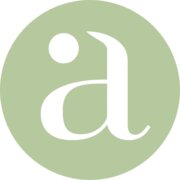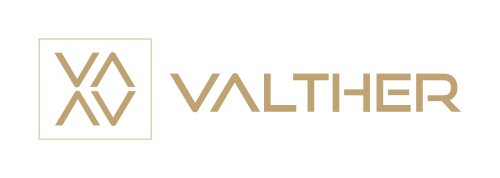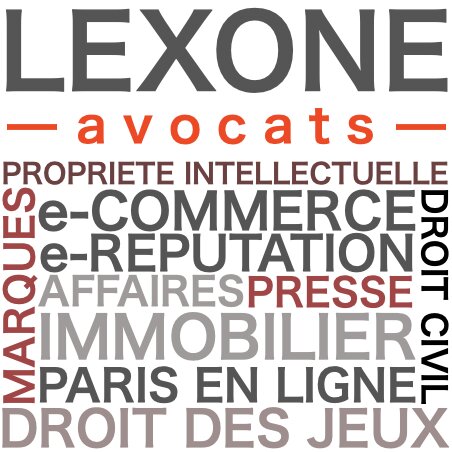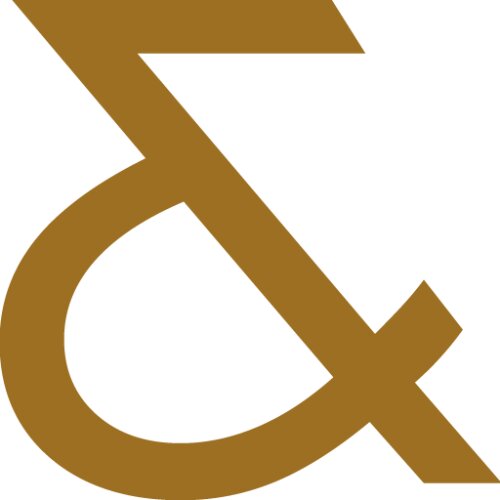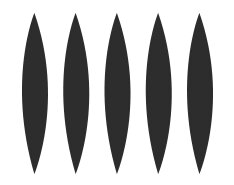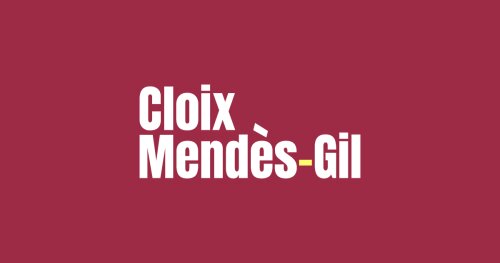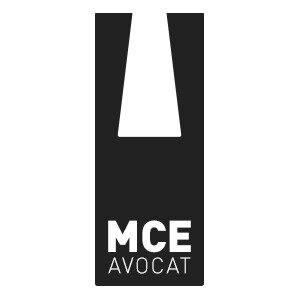Best FDA Law Lawyers in Paris
Share your needs with us, get contacted by law firms.
Free. Takes 2 min.
List of the best lawyers in Paris, France
About FDA Law in Paris, France
FDA Law broadly refers to the regulation of food, drugs, medical devices, cosmetics, and related products. While the United States has the Food and Drug Administration (FDA), in France and the European Union, a different but equally rigorous legal framework exists. In Paris, FDA-type law is mainly governed by national French laws and European Union regulations focusing on public health and consumer protection. Agencies such as the Agence Nationale de Sécurité du Médicament et des Produits de Santé (ANSM) and the European Medicines Agency (EMA) play a central role in product approvals, safety monitoring, labeling, and enforcement actions.
Why You May Need a Lawyer
Seeking legal counsel in the area of FDA Law in Paris can help navigate the complexities associated with developing, marketing, distributing, or importing regulated products. Common situations requiring a lawyer include:
- Gaining approval for new drugs, devices, or biologics
- Responding to regulatory inspections or investigations
- Handling product recalls or market withdrawals
- Ensuring product labels and advertisements comply with legal standards
- Dealing with cross-border compliance for devices or pharmaceuticals entering the French or EU market
- Addressing allegations of product misbranding or adulteration
- Navigating clinical trial regulations in France
- Advising on food supplement registration and claims
- Resolving disputes with regulatory authorities
- Protecting intellectual property rights associated with regulated products
Local Laws Overview
Key aspects of local laws relating to FDA Law in Paris, France involve overlapping national and EU regulations. French law, especially the Public Health Code, sets detailed requirements for the authorization and monitoring of pharmaceuticals, medical devices, and cosmetics. The ANSM serves as the principal regulator for medicines and health product safety.
At the European level, EU Directives and Regulations such as Regulation (EC) No 726/2004 and Regulation (EU) 2017/745 on Medical Devices establish frameworks for approval and post-market surveillance. Food supplements and novel foods are governed by EU Regulation (EC) No 1924/2006 and related laws. These regulations set the rules for product composition, labeling, safety, pharmacovigilance, and advertising. Compliance is mandatory for anyone manufacturing, importing, or distributing regulated products in Paris.
Frequently Asked Questions
What is the French equivalent of the FDA?
France does not have a direct equivalent to the FDA. The main national authority is the ANSM, which oversees the safety and regulation of medicines and health products. The EMA is responsible for Europe-wide pharmaceutical approvals.
Do I need approval to sell medical devices in Paris?
Yes. Most medical devices require CE marking under EU regulations and may also need additional registration or notification with the ANSM before being marketed in France.
How are pharmaceuticals approved in France?
Drugs can be authorized via a national procedure through the ANSM or via a centralized procedure through the EMA for marketing across the EU. The process involves rigorous safety, efficacy, and quality assessments.
What are the regulations for food supplements in France?
Food supplements must comply with both EU and French requirements regarding composition, labeling, and permitted health claims. Some supplements must be notified to the relevant French authorities before sale.
Can I import drugs or devices from outside the EU?
Importing pharmaceuticals or devices from outside the EU involves strict requirements. The importer must ensure full compliance with EU regulations, including product quality and safety certifications.
How is product labeling regulated?
Product labeling for food, drugs, devices, and cosmetics must comply with French and EU rules on information, warnings, usage instructions, and claims. Failure to comply can result in enforcement action.
What happens during a regulatory inspection?
Regulatory authorities may inspect manufacturing sites, distribution centers, or importers to ensure compliance. Non-compliance can lead to warnings, product seizures, fines, or criminal charges.
Are clinical trials strictly regulated in Paris?
Yes. Clinical trials must be approved by the ANSM and an ethics committee. There are strict requirements regarding protocol, patient consent, and safety monitoring.
What is pharmacovigilance?
Pharmacovigilance refers to monitoring the safety of medicines after they have entered the market. Companies must report adverse effects and take action to protect public health if needed.
Can I advertise medical products in France?
Advertising of medicines and devices is tightly controlled. Prescription drugs cannot be advertised to the public and all marketing materials must be pre-approved and factual.
Additional Resources
Individuals or businesses seeking legal advice on FDA Law in Paris may find the following resources useful:
- Agence Nationale de Sécurité du Médicament et des Produits de Santé (ANSM)
- European Medicines Agency (EMA)
- Direction Générale de la Concurrence, de la Consommation et de la Répression des Fraudes (DGCCRF)
- Ministère de la Santé et de la Prévention (Ministry of Health and Prevention)
- Legal databases such as Legifrance for French statutes and EU law
- Professional associations, such as Les Entreprises du Médicament (LEEM)
Next Steps
If you need legal assistance related to FDA Law in Paris, it is best to consult with a specialized legal professional with experience in health, pharmaceutical, and product regulatory matters. Start by gathering all relevant documents and information regarding your product or issue. You may contact local bar associations for recommendations or directly approach law firms specializing in regulatory law. Acting promptly is crucial, as non-compliance can result in serious penalties.
Lawzana helps you find the best lawyers and law firms in Paris through a curated and pre-screened list of qualified legal professionals. Our platform offers rankings and detailed profiles of attorneys and law firms, allowing you to compare based on practice areas, including FDA Law, experience, and client feedback.
Each profile includes a description of the firm's areas of practice, client reviews, team members and partners, year of establishment, spoken languages, office locations, contact information, social media presence, and any published articles or resources. Most firms on our platform speak English and are experienced in both local and international legal matters.
Get a quote from top-rated law firms in Paris, France — quickly, securely, and without unnecessary hassle.
Disclaimer:
The information provided on this page is for general informational purposes only and does not constitute legal advice. While we strive to ensure the accuracy and relevance of the content, legal information may change over time, and interpretations of the law can vary. You should always consult with a qualified legal professional for advice specific to your situation.
We disclaim all liability for actions taken or not taken based on the content of this page. If you believe any information is incorrect or outdated, please contact us, and we will review and update it where appropriate.




